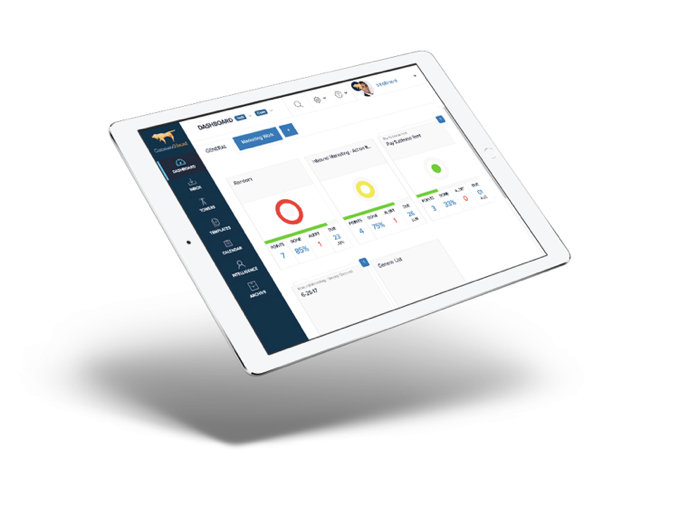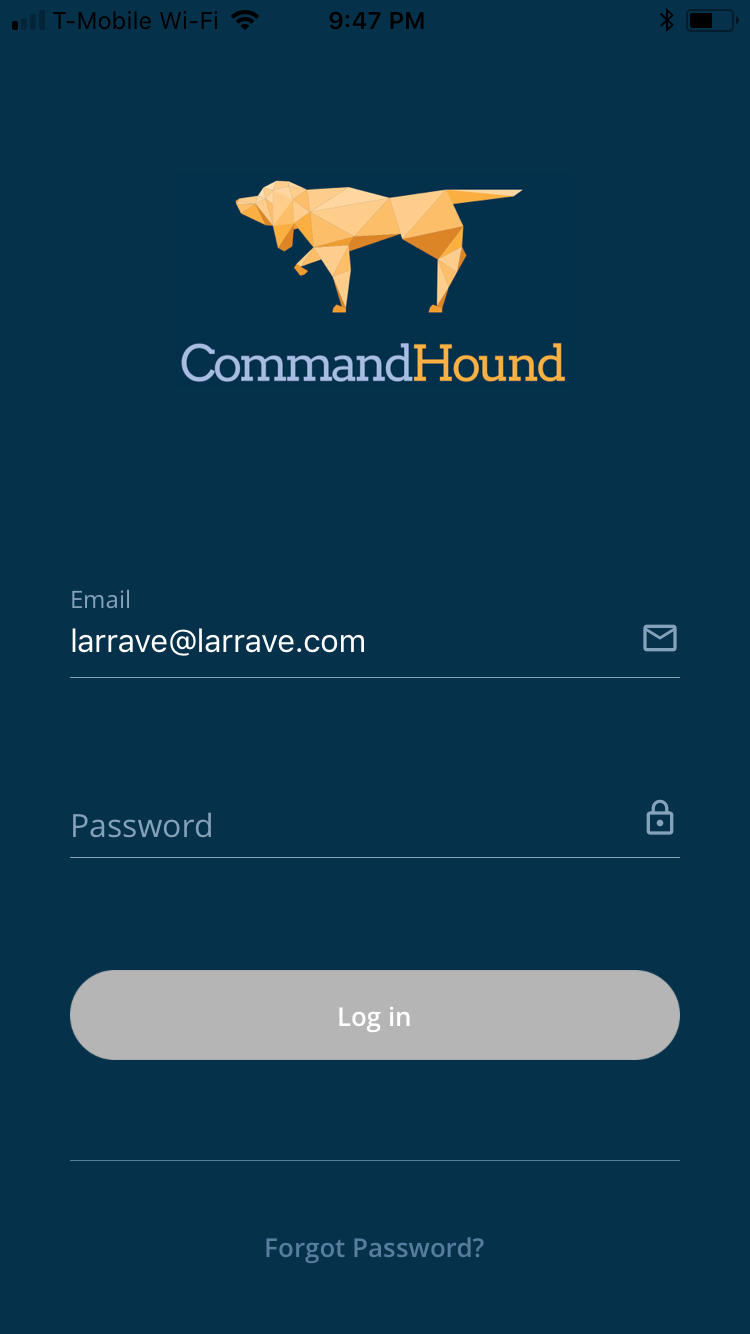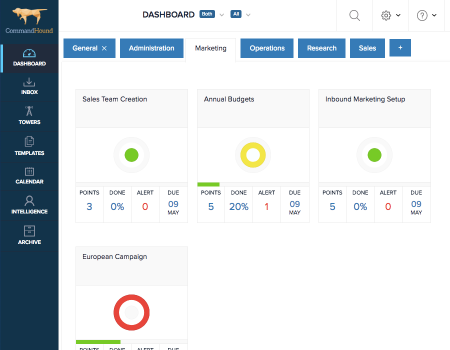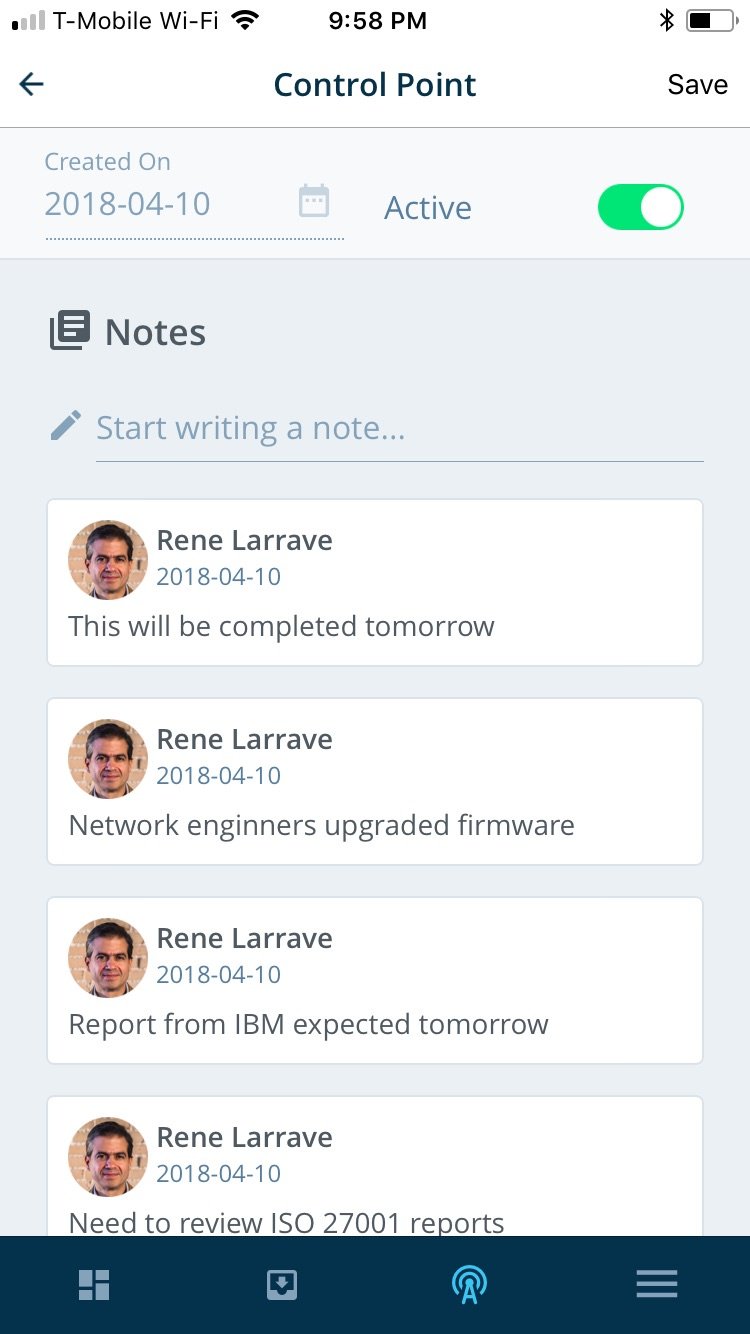The Ultimate List of 10 Clever CommandHound Tips and Tricks
For those of you who have now been using CommandHound for a while, here is a quick list of some features available that you may have forgotten about.

Tips and Tricks
The following 10 topic areas encompass practices, tips, and/or seldom used CommandHound features that we believe will make your use of the software even more enjoyable:
1. Mobile App
- CommandHound’s iOS app allows you to make CommandHound more of an integral part of your life than ever – anytime, everywhere
- By the way, remember to swipe left and right here and there to discover additional options

2. Inbox Updates
- Don’t forget that you can filter your Inbox by status for a quick read when your list is long
- Look for the small eye icon next to a Control Point (CP) to alert you that there is something new in it that you have not seen (e.g., Notes)
3. Personal Use
- Extend the use of CommandHound to your personal life for a more holistic experience
- Don’t forget that you can exclude CP completion results in a Control Tower from Intelligence statistics by selecting the option in the Control Tower definition panel.
4. Daily Routine:
- Start your CommandHound day with a simple 5 minute routine and do these 3 things:
- Check the Dashboard to see if anything needs your attention (yellow or red) and drill down if needed
- Check your Inbox to see what is due today
- Adjust Control Towers and CPs as needed to make sure that dates and assignments are up to date based on the latest developments

5. No Reds
- To avoid becoming numb to the meaning of red CPs, do not allow them to linger
- If it is critical, deal with them immediately, if they are not, open them up (if you have the authority) and turn them back to green by extending their due date
6. Go Yellow Fast
- If you want something to be noticed fast, define the escalate date (yellow) for the day after the due date, and then delay the default date (red) until it is absolutely critical
7. Escalate to Yourself
- For non-critical CPs, use a 2-step escalation process by first escalating to the responsible person (i.e., responsible = escalate to) to heighten the sense of urgency without having to route to somebody else
8. Use Notes
- Use Notes extensively to add detailed explanations, clarifying comments, or simply to update where things stand.

9. Streamline Access to Towers
- Create User Groups for commonly used groups of people to speed up ACL (access control lists) definition when creating new Control Towers
10. Use Proxies
- Don’t forget that you can define Proxies for when you are not going to be available or you are going on vacation.
Additional Help
Finally, do not forget that CommandHound has Tutorials, Daily Tips, Tool Tips, and a Customer Support team to help get the most out of it. Let us know if we can help you Make Sure Things Get Done®.
